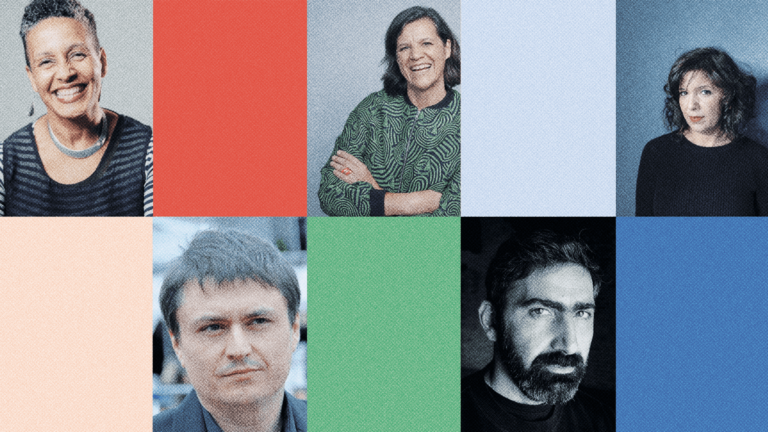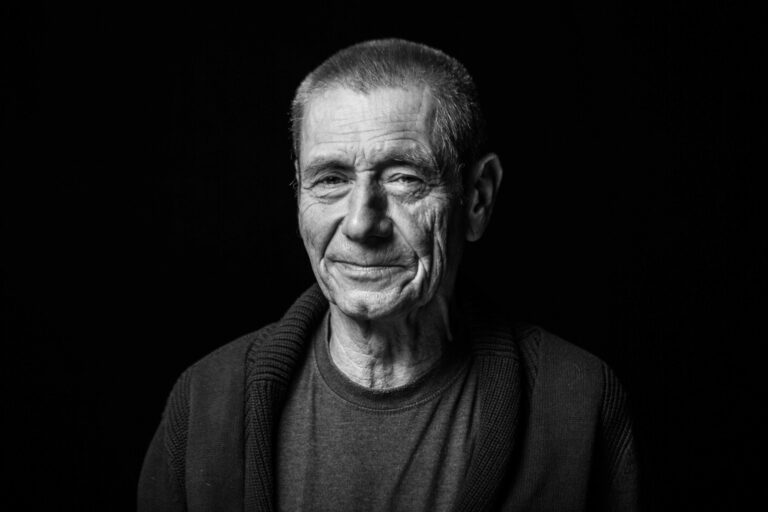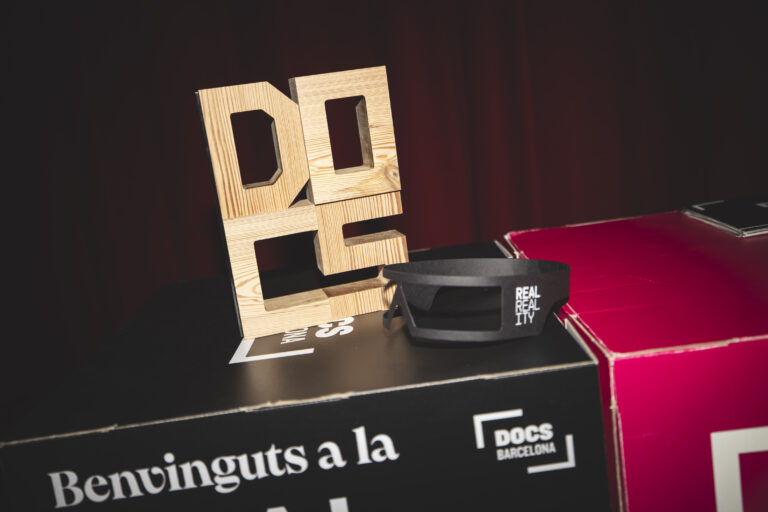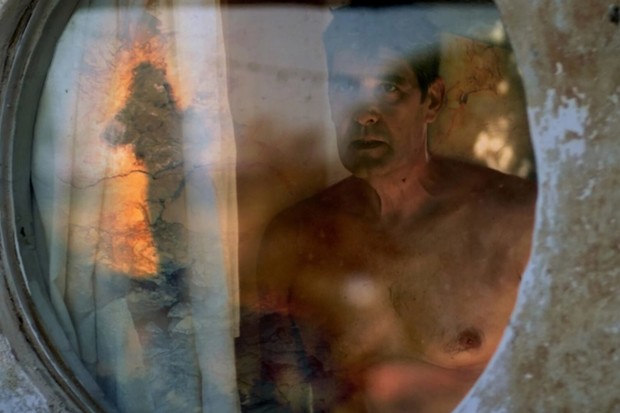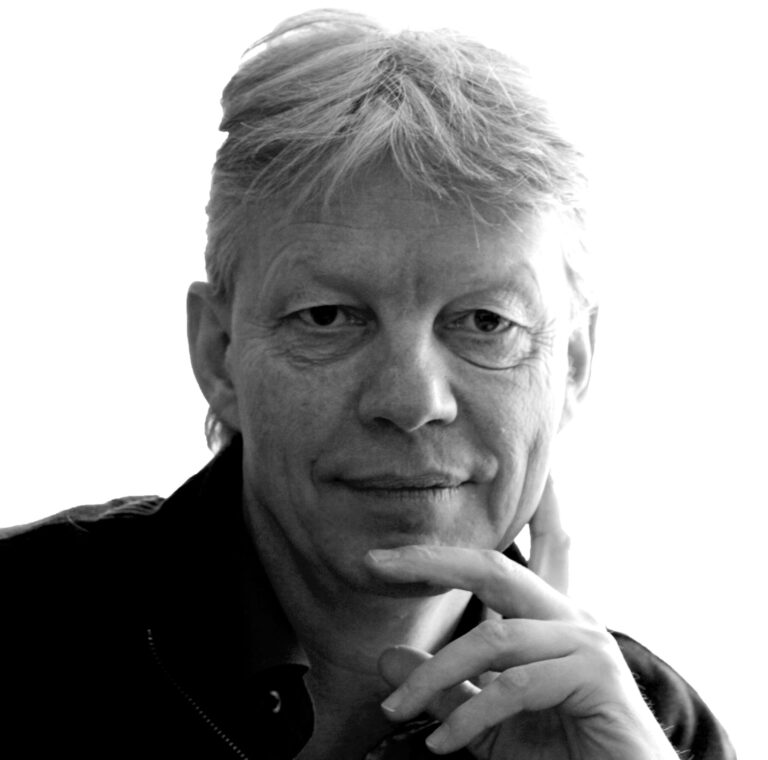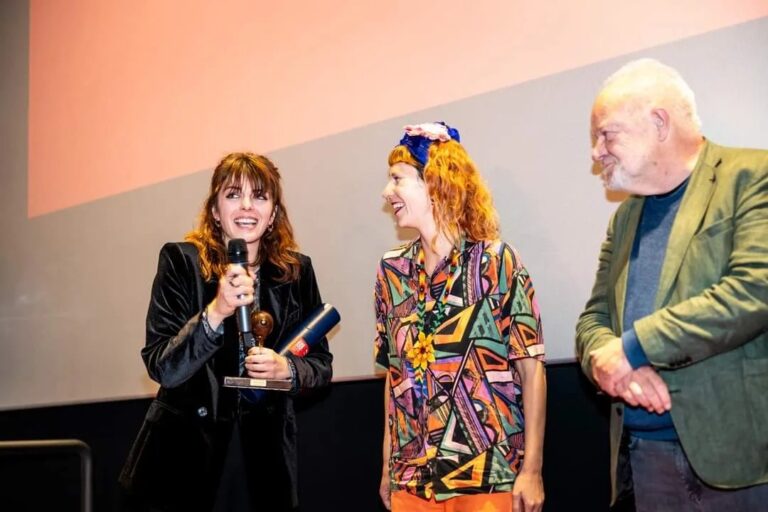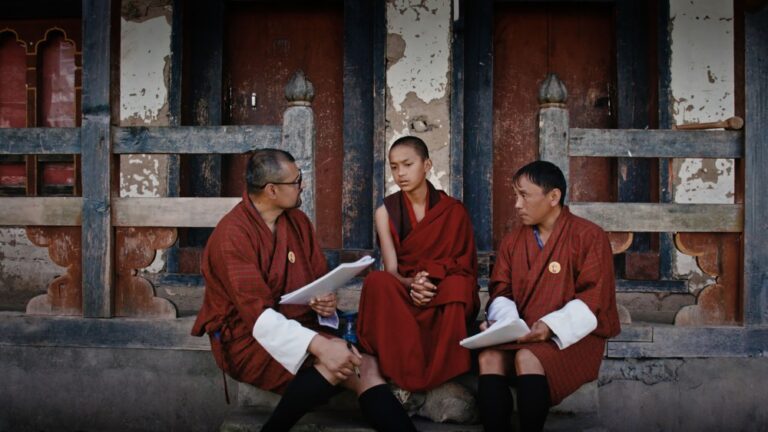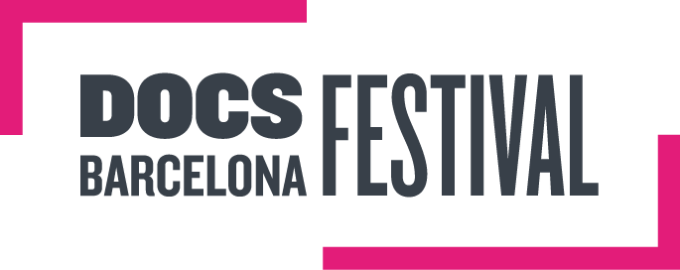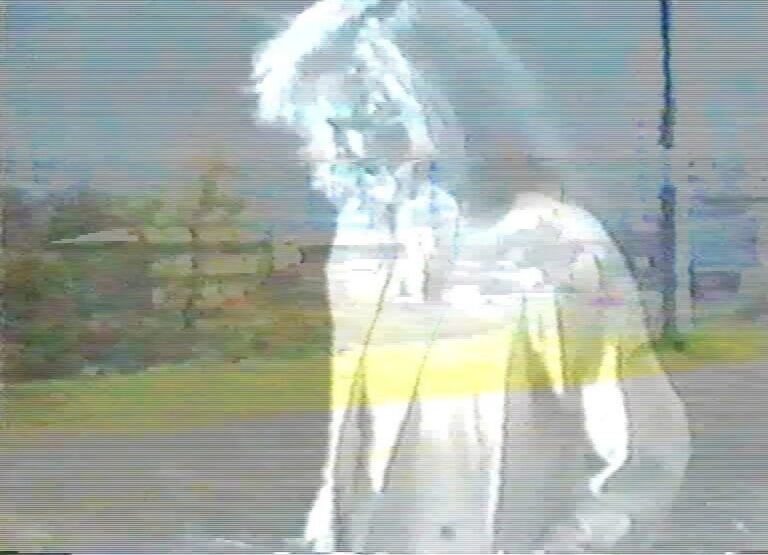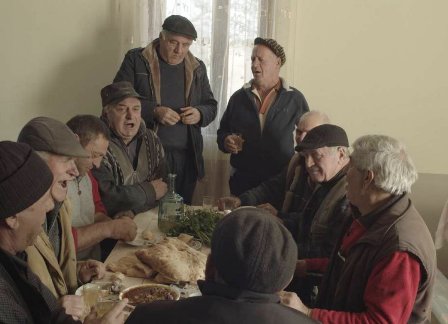This year, the Dragon of Dragons award will go to two outstanding creators: a legendary American director and an eminent Polish cinematographer. Godfrey Reggio’s films are a cultural phenomenon – visually captivating and pioneering essays that have left their mark on the history of cinema. At the 64th Krakow Film Festival, we will see the renowned Qatsi Trilogy at Kino pod Wawelem. It’s hard to imagine the most significant Polish film productions of the last half-century without Jacek Petrycki’s excellent cinematography. Between May and June, we will showcase his documentary achievements in Krakow’s art-house cinemas.
The Program Council of the Krakow Film Foundation has decided to award two equivalent Dragon of Dragons prizes. The recipient of the first one is Godfrey Reggio, an outstanding American documentary filmmaker, a pioneer of environmental documentaries, and the creator of the Qatsi Trilogy with music by Philip Glass. Due to his health, the director will not personally come to Kraków in person, but he has promised to conduct an online workshop. However, the Festival will have the pleasure of hosting the second recipient – the distinguished Polish filmmaker Jacek Petrycki, the first cinematographer awarded the Dragon of Dragons. He is also a documentary filmmaker and, above all, the cinematographer behind dozens of documentary and feature films, many of which have been awarded in Kraków numerous times, including works by Krzysztof Kieślowski and Marcel Łoziński – explains Tadeusz Lubelski, Chairman of the KFF Program Council.
The Realist
Jacek Petrycki (born 1948 in Poznań) is a graduate of the Film School in Łódź and a highly regarded Polish cinematographer and director of documentary films. He is the cinematographer behind many acclaimed feature and documentary films, including 89 mm from Europe,The Visit,Workshop Exercises by Marcel Łoziński, First Love,Talking Heads, and Camera Buff by Krzysztof Kieślowski, as well as Agnieszka Holland’s Fever and A Woman Alone. Since 1987, he has collaborated with British television channels Channel 4 and the BBC.
He is a recipient of several awards, including a BAFTA for Clive Gordon’s The Betrayed, a Golden Frog for Kasia Adamik’s The Offsiders, and multiple distinctions at the Krakow Film Festival. He was also nominated for the European Film Award for Yeşim Ustaoğlu’s Journey to the Sun.
Petrycki is a realist with an extraordinary talent for noticing poetry in everyday life. Whether in documentary or feature films, he approaches cinematography with a documentarian’s eye. He isn’t afraid of tackling difficult subjects; in one interview, he admitted that in documentaries, sometimes one must address frightening realities, and if it serves a purpose, it cannot be avoided. Throughout his career, he has not only honed his skills in cinematography but has also contributed to promoting Polish documentary cinema on the international stage. His passion for cinema and unique perspective on the world make him a respected cinematographer and outstanding educator.
The director will be present in Kraków and will conduct a masterclass.
The Idealist
Godfrey Reggio (born 1940 in New Orleans) is a pioneer of cinematic form, a creator of poetic images of extraordinary emotional impact. At the age of fourteen, he voluntarily joined the enclosed order of the Christian Brothers. He prayed, remained silent, fasted, and lived a life of asceticism for several years. In the 1960s, he co-founded La Clinica de la Gente, a medical and dental care centre for the poorest, and the Young Citizens for Action organization, where he volunteered on the streets of Santa Fe. Before turning thirty, he left the brotherhood and became interested in the nature of imagery and film.
In 1972, he established the non-profit Institute for Regional Education and – two years later – the American Civil Liberties Union. He protested against media manipulation, social engineering, subliminal advertising, and privacy infringements. Reggio promoted environmental awareness and a return to lost spirituality. He believed that idealism is the most practical thing in life.
During the production of educational short films, he met cinematographer Ron Fricke, and soon after, composer Philip Glass joined their duo. Together, they created the renowned Qatsi Trilogy and collaborated on Reggio’s subsequent films like Anima Mundi and Visitors
The director will not be present in Kraków, but he will connect with the audience after screenings and conduct his masterclass online.
The Dragon of Dragons award ceremonies will traditionally be accompanied by retrospectives of the laureates’ output. The program will feature the most important films by Jacek Petrycki and five documentaries by Godfrey Reggio, including the trilogy, which will be screened at Kino pod Wawelem. Both winners will also conduct their masterclasses, with the Polish creator in Kraków and the American director making an online appearance.
Retrospective of Jacek Petrycki’s films:
- Microphone’s Test, dir. Marcel Łoziński, Poland 19′
- Workshop Exercises, dir. Marcel Łoziński, Poland, 12’
- Benek Blues, dir. Katarzyna Maciejko-Kowalczyk, Poland 56’
- Takie miejsce, dir. Andrzej Titkow, Poland, 11’
- First Love, dir. Krzysztof Kieślowski, Poland, 30’/52’
- The Return of Agnieszka H., dir. Krystyna Krauze, Jacek Petrycki, Poland, Czech Republic, 77’
- Poste Restante, dir. Marcel Łoziński, Poland, 14’
- My Notes from the Underground, dir. Jacek Petrycki, Poland, 39’
- The Betrayed, dir. Clive Gordon, United Kingdom, 79’
Retrospective of Godfrey Reggio’s films:
- Koyaanisqatsi, dir. Godfrey Reggio, USA, 87’
- Powaqqatsi, dir. Godfrey Reggio, USA, 90’
- Naqoyqatsi, dir. Godfrey Reggio, USA, 89’
- Visitors, dir. Godfrey Reggio, USA, 87’
- Once Within a Time, dir. Godfrey Reggio, Jon Kane, USA, 52’



